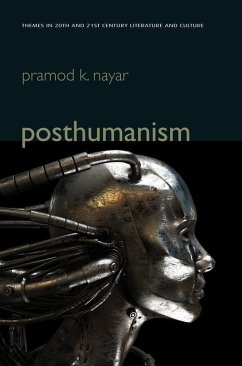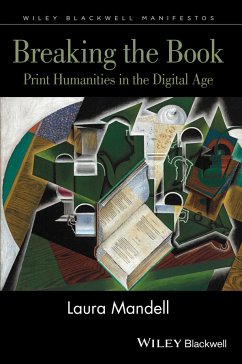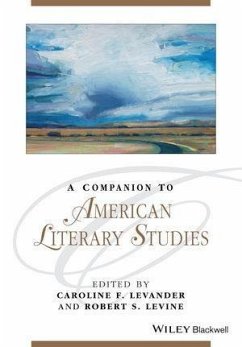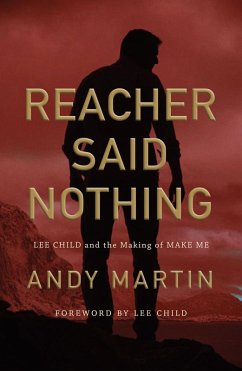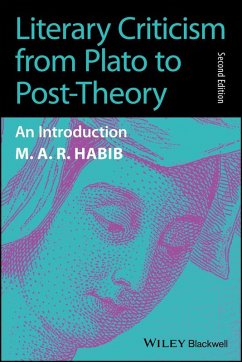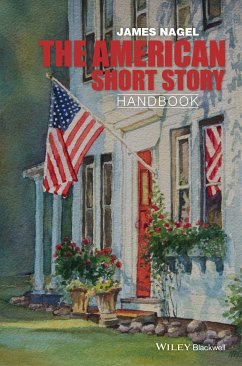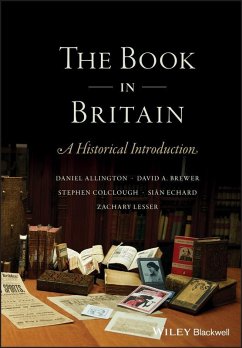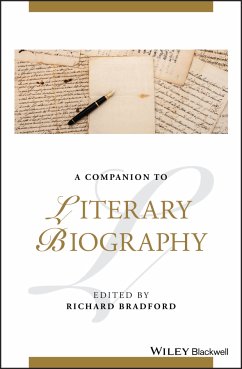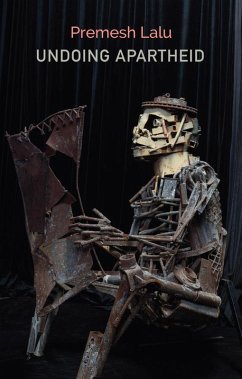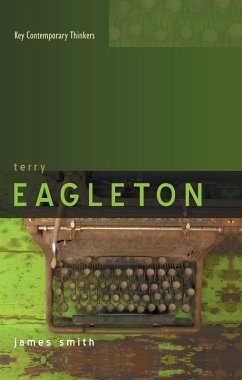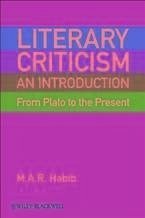
Literary Criticism from Plato to the Present (eBook, ePUB)
An Introduction
Versandkostenfrei!
Sofort per Download lieferbar
29,99 €
inkl. MwSt.
Weitere Ausgaben:

PAYBACK Punkte
0 °P sammeln!
Literary Criticism from Plato to the Present provides a concise and authoritative overview of the development of Western literary criticism and theory from the Classical period to the present day * An indispensable and intellectually stimulating introduction to the history of literary criticism and theory * Introduces the major movements, figures, and texts of literary criticism * Provides historical context and shows the interconnections between various theories * An ideal text for all students of literature and criticism
Dieser Download kann aus rechtlichen Gründen nur mit Rechnungsadresse in D ausgeliefert werden.




